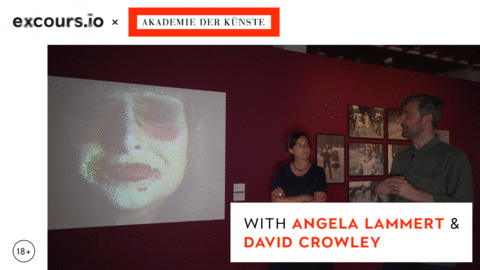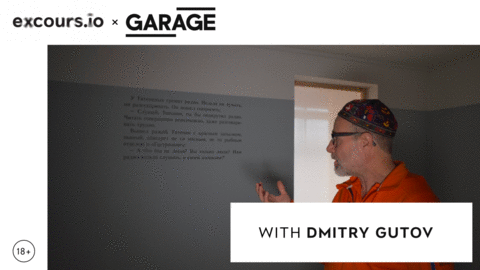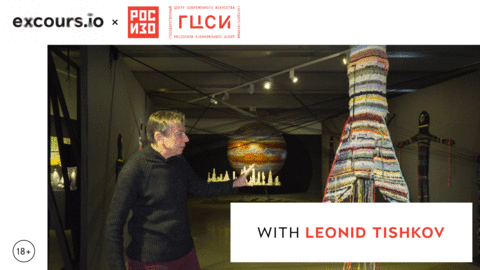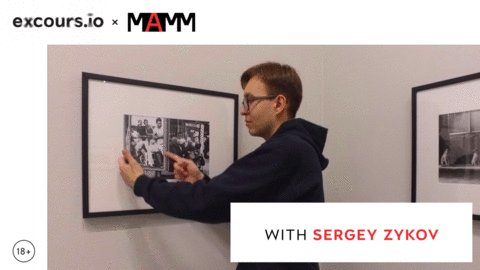In a nutshell
Why should you watch this?
Curator
Thomas Flierl
Bio
Born in 1957 in Berlin, Thomas Flierl studied philosophy and aesthetics at the Humboldt University and completed his doctorate in 1985. Following roles in the Ministry of Culture and as a head of the Berlin Prenzlauer Berg cultural office, he served as Berlin’s Senator for Science, Research, and Culture from 2002 to 2006. A specialist in 20th-century architecture and urban planning, his research spans the Soviet Union and post-socialist memory cultures. From 2007 to 2023, he chaired the Hermann-Henselmann-Stiftung and continues to lead the Max-Lingner-Stiftung while contributing to academic research at the Bauhaus-Universität Weimar.
Scholar
Wolfgang Thöner
Bio
Since 2009, Wolfgang Thöner has been leading the collection department at the Bauhaus Dessau Foundation, where he focuses on the history and reception of the Bauhaus, particularly in East Germany from 1945 to 1990. His research encompasses architecture, functionalism, visual arts, and cultural history. In addition to his academic pursuits, he has curated numerous exhibitions on Bauhaus history, architecture, and contemporary artists.

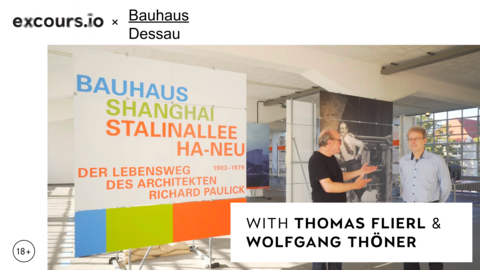
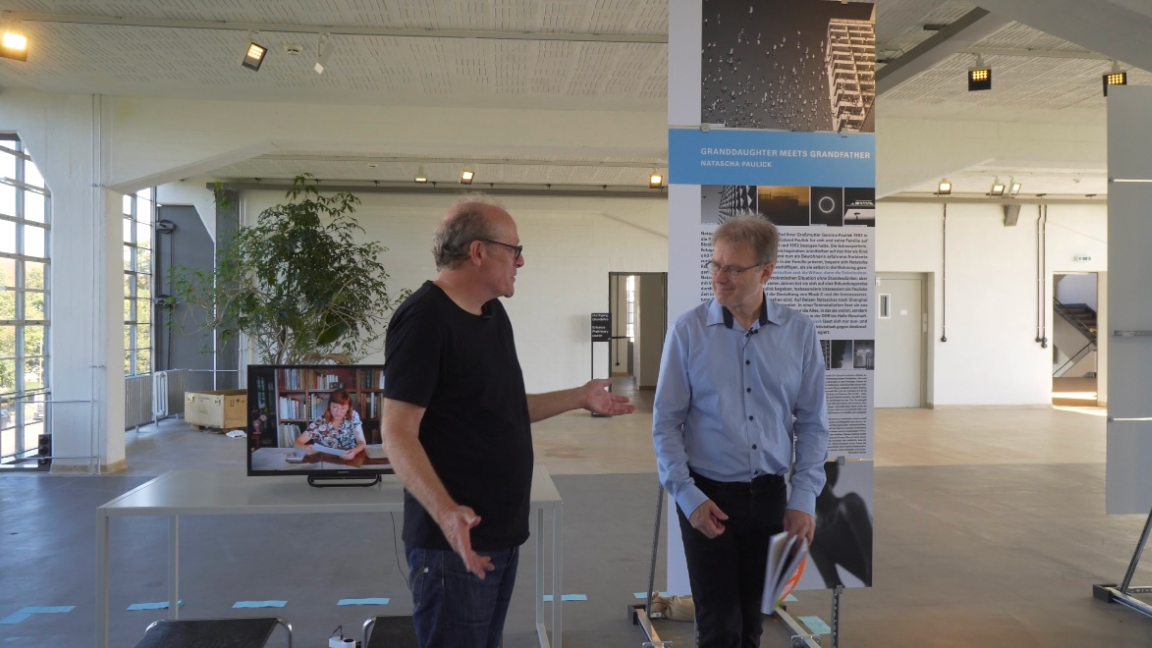
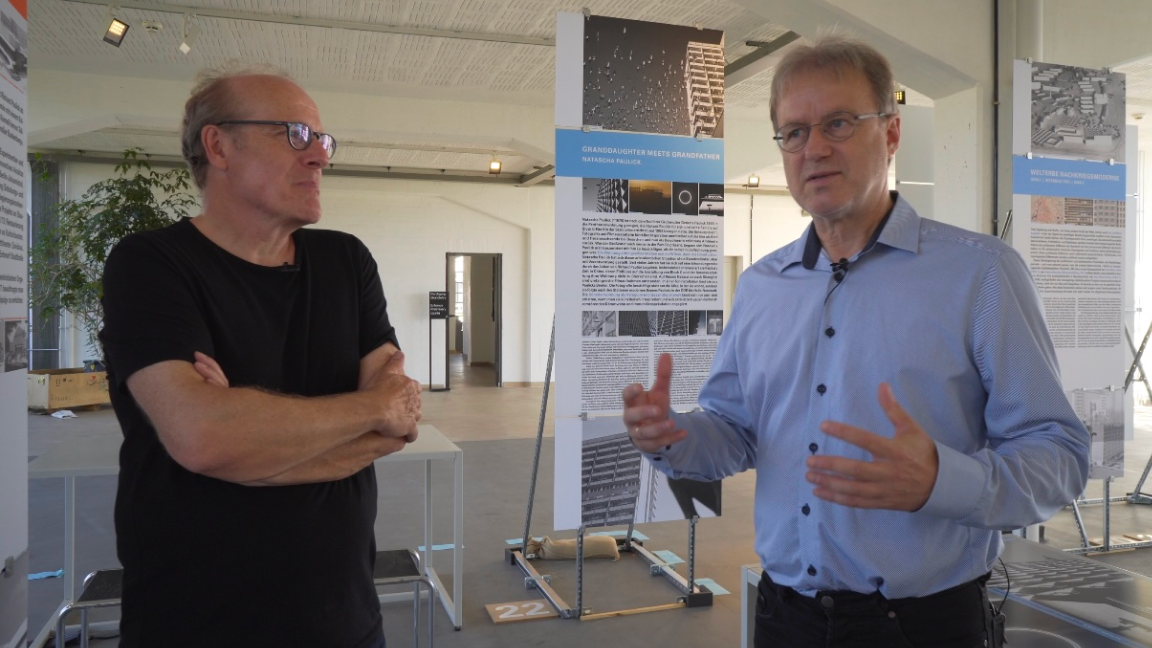
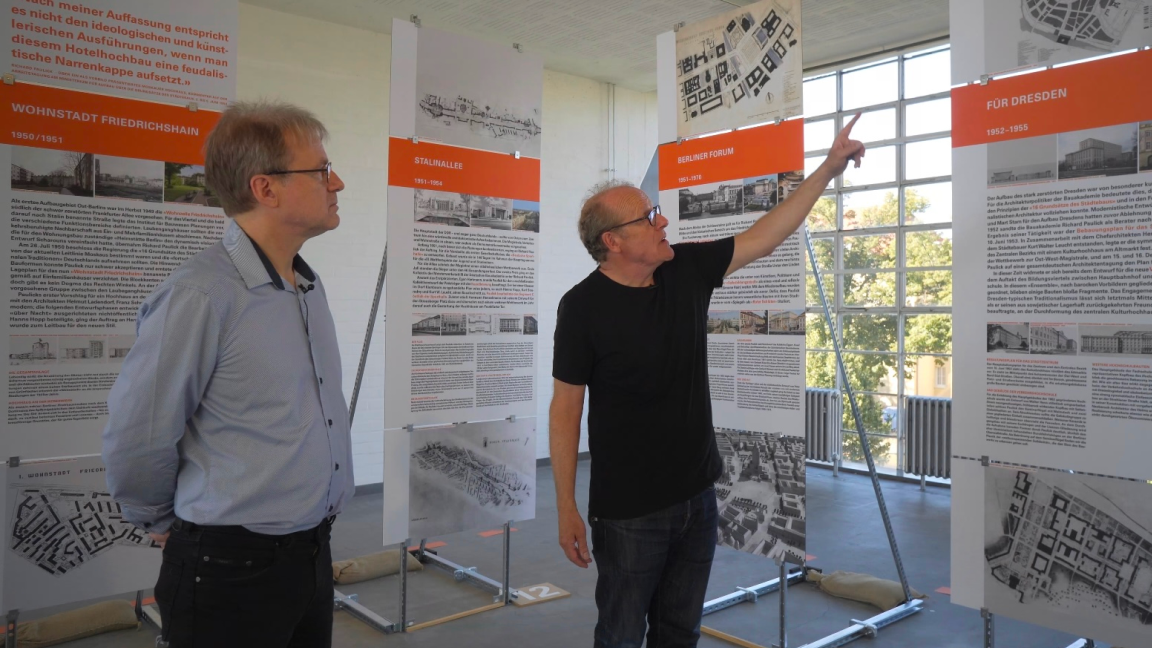
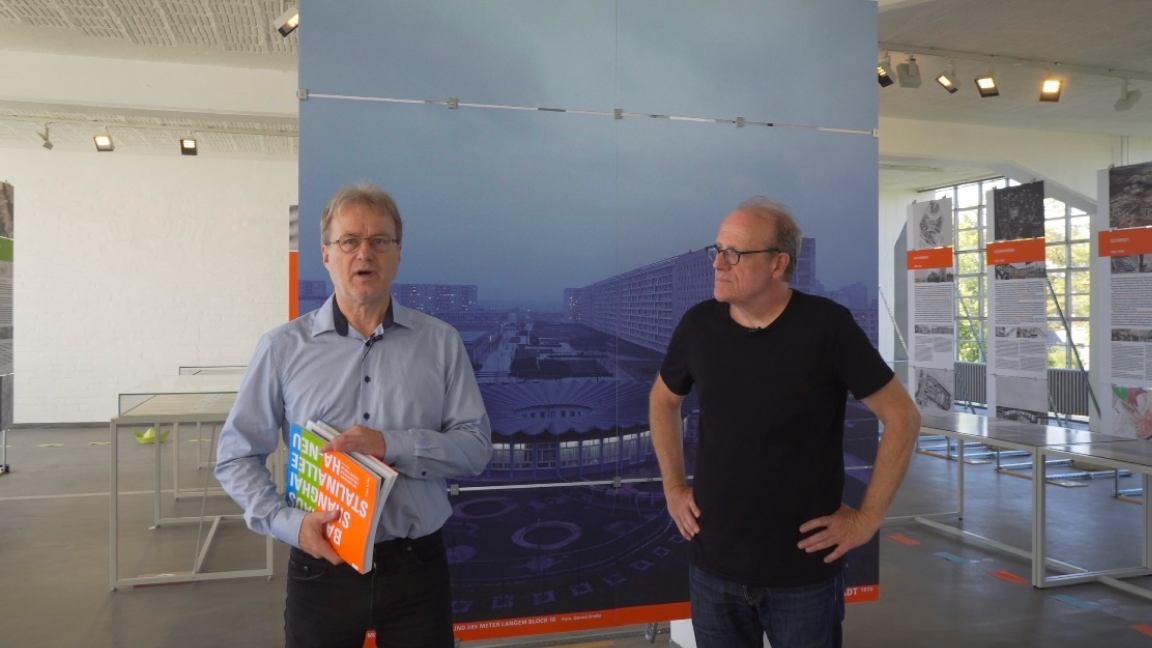
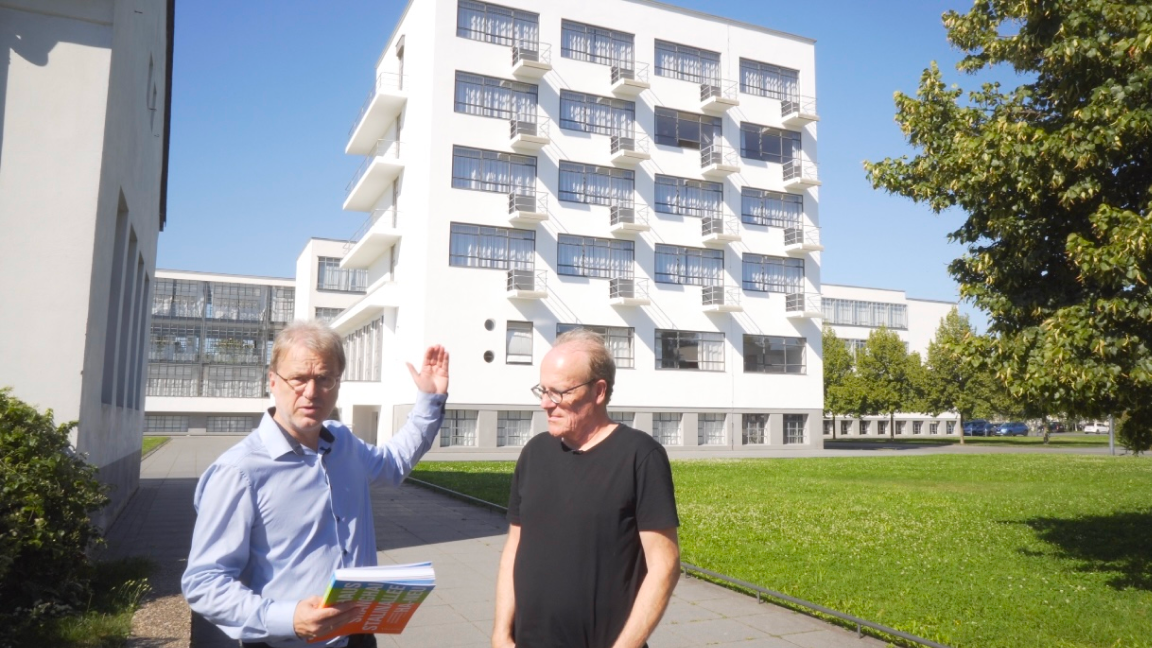
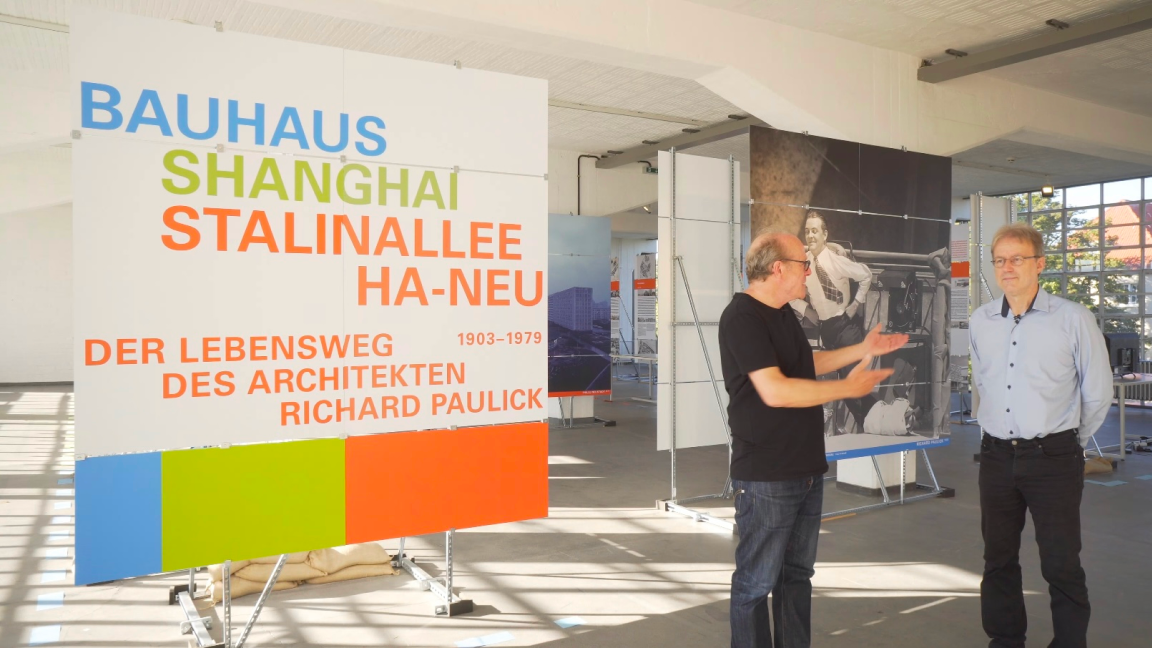
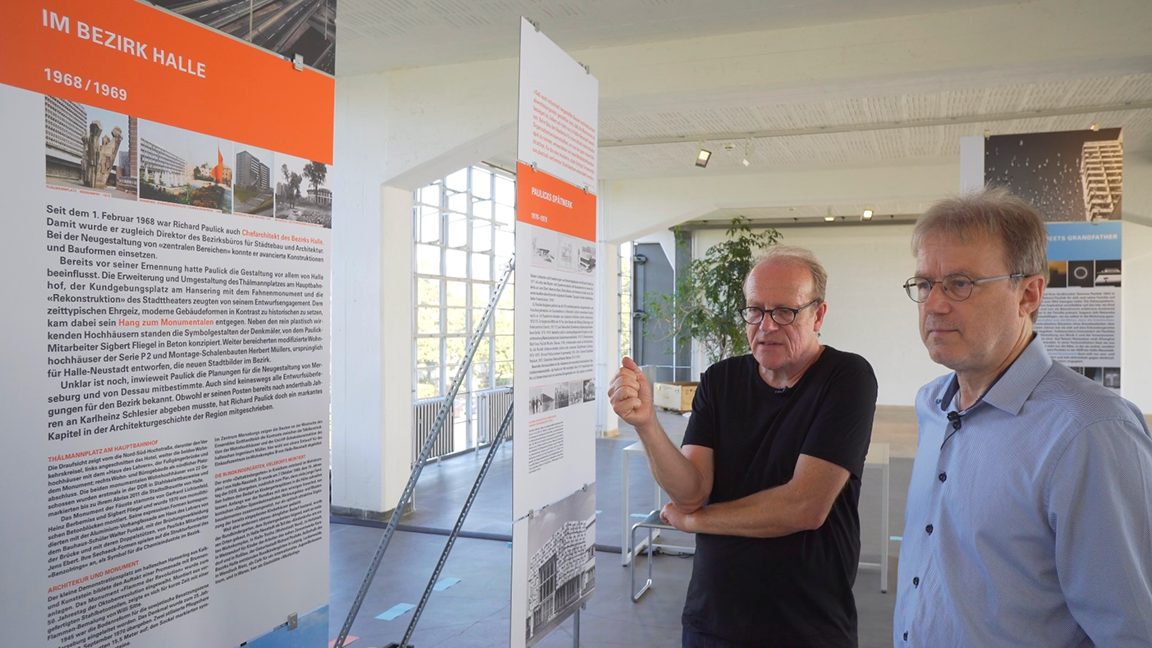
 English
English
